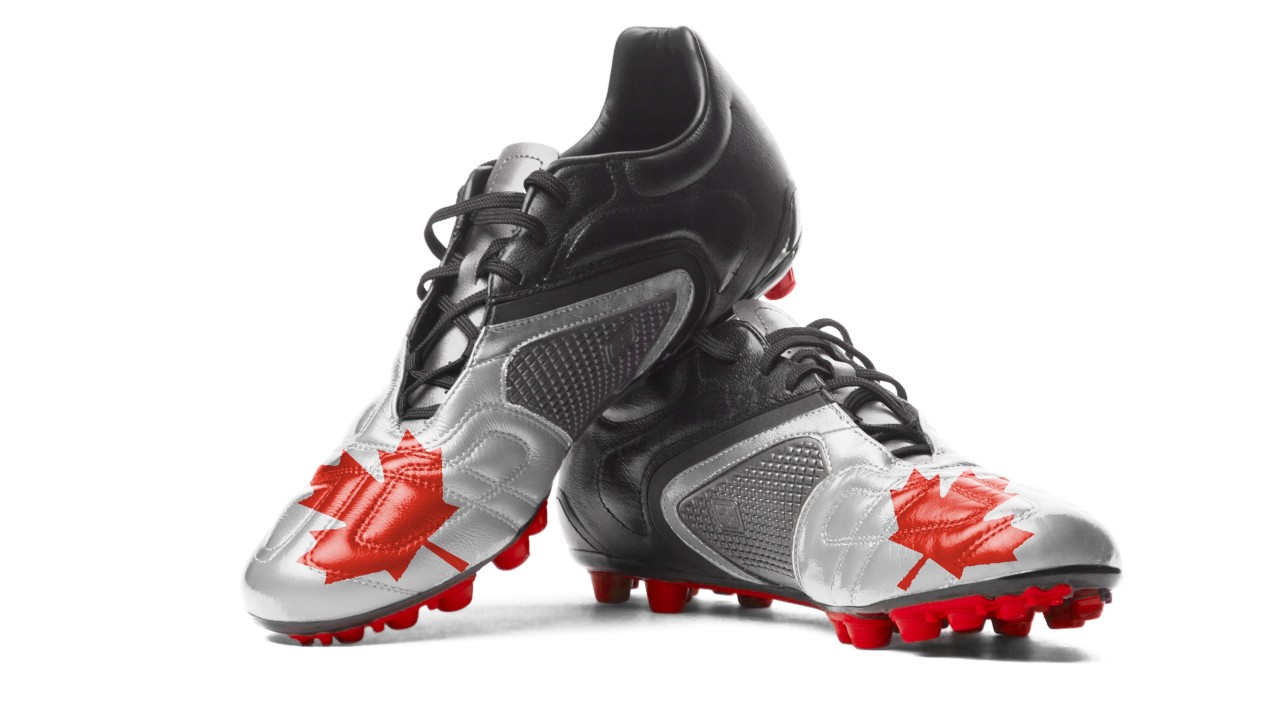The Tracksuits vs The Blue Suits: Understanding The Hidden Battle In Every Amateur Sport Club!


Take any amateur sport club and you can divide it into two. The Tracksuits on one side. The Blue Suits on the other.
Let's take a random amateur soccer club. There are the Tracksuits - the coaches and the 'soccer people'. Don't look for them in the office, they're probably not there. Look out that window. There they are! Out on that soccer field over there. Ball under foot, training those kids in oversized bibs, doing what they do. Being coaches! If they do come in the office, expect them to be huddled around laptops studying session plans or impatiently waiting for an expense request to be processed. Life is clipboards, cones, x's and o's, player patterns, session plans, skills testing, athlete assessments. The World of the Tracksuits.
Look back in the office. These people are the Blue Suits - the 'administrators' (as they so hate to be called). They're doing all the stuff the Tracksuits don't like to do. You'll find them behind a computer processing payments, managing kit orders and compiling budgets. See, there's one on the phone. Guaranteed they're on with a club Board member, or maybe calming a parent who's convinced one of their child's soccer socks is longer than the other and is demanding a full fee refund and letter of apology from the President.
Neither side really understands the other. Mars and Venus. But they usually manage to co-exist. Hey, in great clubs, they actually get on and are even friends! But in poor clubs, they fight like Trump vs Clinton. I've seen it get damn-right ugly.
Why is this? Why is the relationship between them often strained? Why can't they see that they are ultimately reliant on each other to be successful?
The truth is, dynamics like this exist in all kinds and businesses and industries. Sales departments traditionally are at war with the marketing department. Production has a special place in hell for the HR department. And everyone hates IT (just fix my damn computer already!)
Sport is no different. And it is up to sport management to stick-handle it. But how?

Like all things, the issue comes down to a lack of perspective. The Tracksuits see these Blue Suit people just sitting at computers, seemingly doing nothing except shuffling paper around. What are they doing all day? Think of the coaches we could hire or tournaments we could travel to if we got rid of them all! And the Blue Suits look at the Tracksuits and see administrative irresponsibility. Do they think this club is made of money? Don't they see someone has to pay for all this? Can't they even fill in a basic form or attend a meeting? Neither side has a full appreciation of what the other's world looks like. Too often, the game is 'turf-defending' rather than 'how can I help you out?'
Stephanie Geosits is Executive Director of Burlington Youth Soccer Club, the third largest youth soccer club in Canada. Geosits has a team of fulltime Tracksuits and Blue Suits managing approximately 6,000 youth players (and their 12,000 parents) enjoying soccer through the club year-round. She sees this dynamic all the time.
'The key is to ensure everyone is focused on club-wide goals, that are not just about them, but the organization as a whole," Geosits says. "You can't do this without first having good strategic and operational planning."
"If you have a senior management team as we do," she continues, "it's crucial they can think and act cross-functionally and drive the idea that we're all in this together. Without doubt, management have to work every day to break down functional silos, and ensure people are working across departments."
Part of this dynamic, Geosits identifies, is fed by the broader subliminal fear employees in amateur sport have for their jobs. Amateur sport staff are rarely praised or appreciated, but more often treated with scepticism or contempt and seen as a waste of money. Mindless 'overhead'. Many not-for-profit organizations' first response to financial pressure, Geosits notes, is to eliminate staff.
So the constant shadow of the hammer over staff's heads translates into their behaviour. Subconsciously throwing work colleagues under the bus becomes normal practice for threatened employees if they feel it helps protect their position. And watch it amp up when financial times are tough. You think I should be fired? Take a look at him and how useless he is! As the saying goes, when the watering hole gets smaller, the animals in the jungle start to look at each other differently.
"That's why constant education of the Board is essential," Geosits points out. "Good executive leaders are always showing their Board why staff positions are hired, what value they bring, what they are doing, and doing well, even when they don't have to. Because at some point, a Board member may well say 'we are not hitting our numbers, we need to get rid of some staff'. Executive leadership is there to manage that mentality and ensure all staff members can feel secure in their role, and able to do their jobs effectively without feeling the need to constantly justify themselves, or call out the validity of others."
So tip number one: ensure your people feel secure in their positions and focus them off each other and onto the organization.
What else can sport leaders do to manage healthy tension between Tracksuits and Blue Suits in the workplace? Here are a few more tips!
Tip number two: understand that the less we talk, the deeper the trenches are dug. Don't expect your people to work well together if you don't routinely get them together communicating.
No, I don't mean the painful 'staff meeting', where we all trot out what we are doing in our job this week. Instead, drive a culture of virtual teams. If the technical department develops a sport program, there will always be a financial part to it. And a marketing part. And a facilities part. And a registrations part. You get the picture. Get the people responsible for these functions together with one goal - making that program a success! If that means just two people, then two people it is. You'll find that when everyone's focus is purely on a mutually-valued goal, barriers are broken down and stuff gets done!
Which brings us to tip number three: ruthlessly cut out the blame game. It's a favourite pre-emptive hit-before-you-get-hit tactic in amateur sport to point the finger at the other side to inoculate yourself from possible failure in a project. Be brutal in stamping it out. For your team to work, you must start with the belief and commitment that you are all in this together, as Geosits speaks about. Lead by example if you have to. Take a bullet for someone, even if the bullet was going to miss them anyway. Start showing your team that if they take their guard down, they won't get whacked.
And my final tip: never waste a chance to celebrate success! Amateur sport leaders are terrible at this and I've never understood why. Even if an event has hit a home run or a sponsorship target has been smashed, sport leaders rarely take the time to point to the success and celebrate it. Instead, their heads are usually down worrying about the next challenge, brows furrowed.
Come on! Isn't amateur sport supposed to be fun? Isn't this why we all work in it? Yes, there are a million problems to solve, crises breaking, calls to return. And it's easy to let them consume you all the time. But as a leader of people in the not-for-profit world, one of your key roles is to motivate and inspire. Your staff's work conditions can be tough enough; they have to feel that all the nonsense and stress is worthwhile. And that starts with pausing (even just for a second!) to acknowledge and celebrate when things are done well.
So if your Tracksuits and Blue Suits deliver a sport program successfully and there are no black eyes or blue limbs, take a moment to praise them to anyone who'll listen. It's ok to smell the roses from time to time. That doesn't make you're arrogant or self-congratulatory. It's merely rewarding your people with what they value best; hearing they have done well. It's a simple thing. But don't underestimate its value or power!
----------------------------------------------------------------------------
This ongoing dynamic of Tracksuits vs Blue Suits is one of the many challenges amateur soccer executive leaders will be debating at ExecuSoccer, Canada's first seminar series specifically geared to Executive Directors, General Managers, Business Managers and Presidents of amateur soccer clubs. Four one-day seminars will tackle four key themes - Governance, Planning & Finance; Marketing, Communications & Revenue; Technical Oversight & Evaluation; Staff & Volunteer Leadership.
Subscribe to Capitis Learning
Subscribe today to keep up to date!







